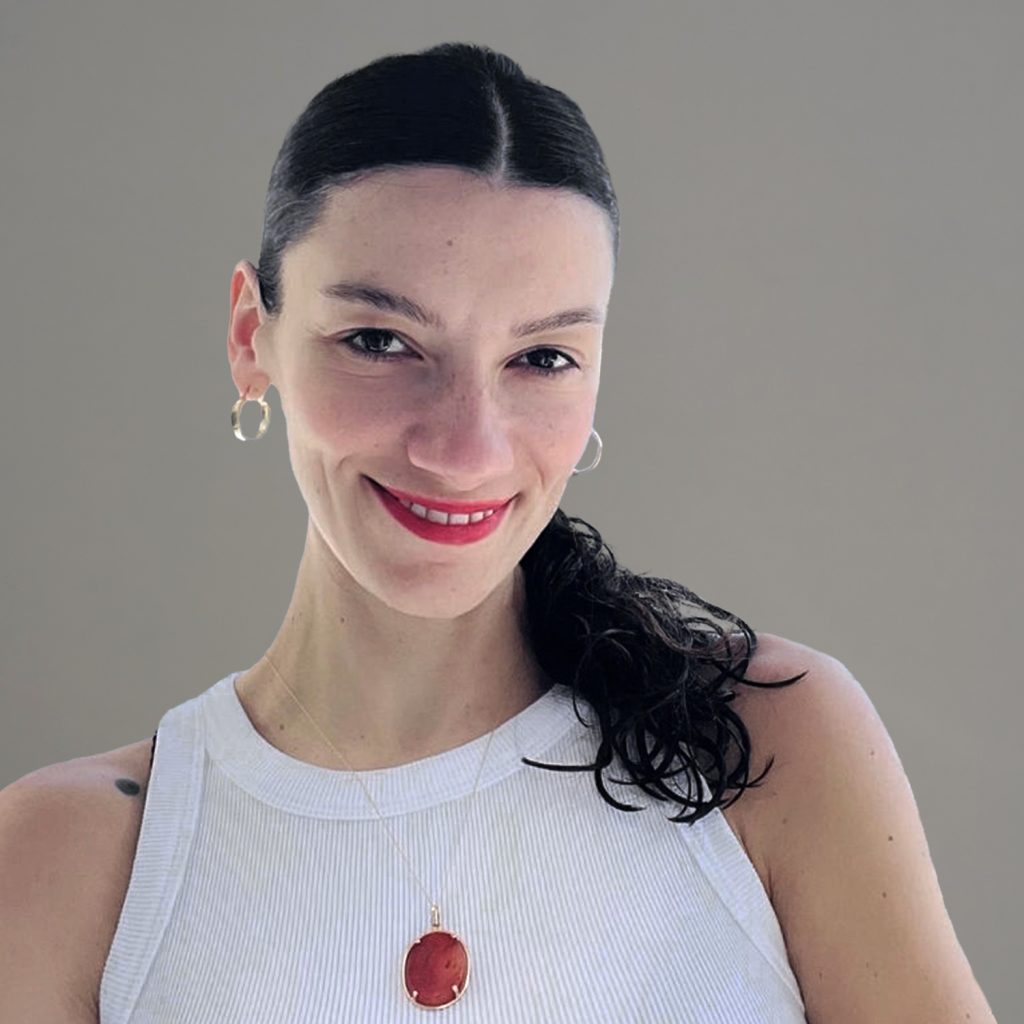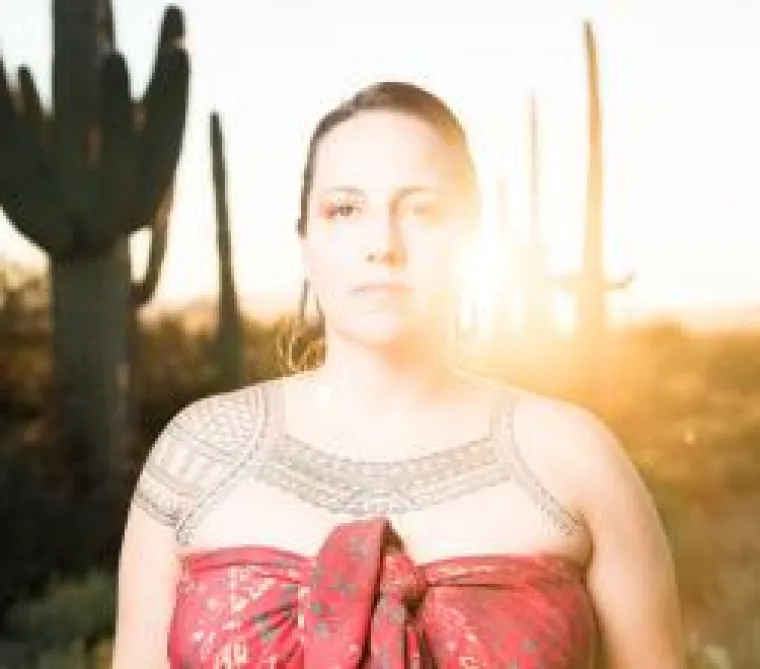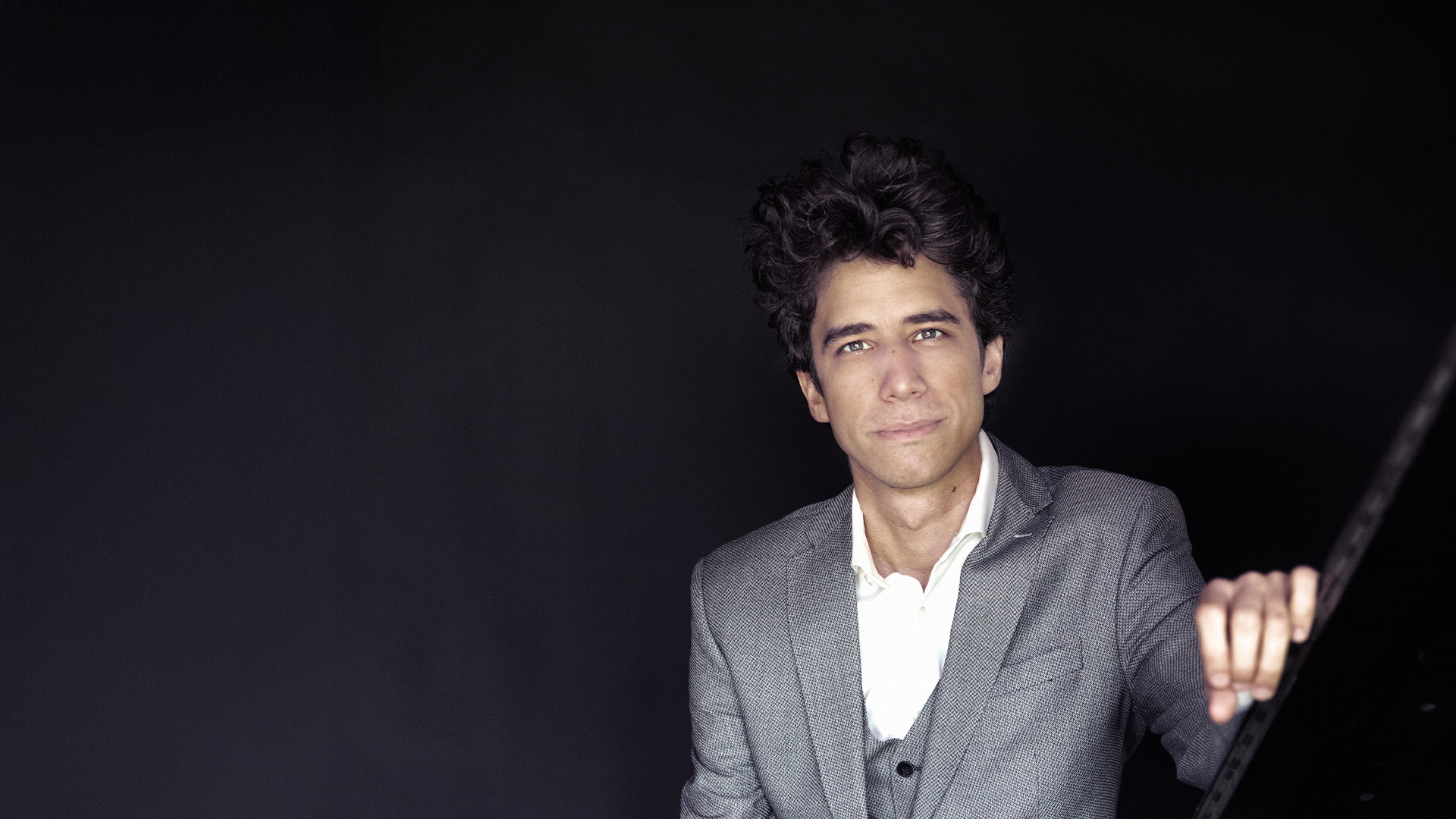The Applied Intercultural Arts Research department is hosting “AIAR Coffee Conversation on Oct. 24, sparking ideas through community, discussion and research.
Featured Presenters include:
- Dr. llayda Altuntas, assistant professor of Art & Visual Culture at the School of Art, is an artist, educator, and researcher specializing in arts-based and sensory methodologies.
- Dr. Nadia W-Charles is an assistant professor of Africana Studies at the College of Humanities. Her research interests include Caribbean music scenes, consumerism, Black Nationalism and the politics of difference.
- AIAR PhD Candidate, Tracy Howe‘s academic foundations for this work include feminist abolition, settler colonial studies and indigenous resurgence, and decolonial theologies.
All are welcome. Snacks and light refreshments provided!
“Sounding Art Practice as Research” // Dr. llayda Altuntas

In this talk, I present Sounding Art Practice as Research (SAPAR)-a methodology that explores how sound can be both a medium and method of qualitative inquiry. Rooted in practice-related and arts-based research, SAPAR brings together sensory ethnography, community engagement, and creative practice to investigate how individuals come to know their environments through sound. The methodology follows an iterative cyclic model of practice-led and research-led inquiry (Smith & Dean, year). Through three phases-listening, recording, and producing-participants engage in a process that parallels an epistemological arc of listening➔ understanding➔ giving meaning➔ knowing.This process highlights how embodied listening and memory can inform art, research and teaching practices.
Drawing from my teaching practices in both community-based programs and higher education-as well as my autobiographical project The Orange Table Effect-I will share how SAPAR emerges as a creative framework for arts research and pedagogy, grounded in embodied listening, memory, and place.
“Historical Moments of Communitas in the Jamaican Rock Music Scene” // Dr. Nadia W-Charles

This presentation examines a marginal music genre in Jamaica that falls outside of the popular – local rock music. Using ethnographic research of rock fans in Kingston, I highlight how their taste for rock has marginalized the community. The group’s practices are deemed inauthentic to the Jamaican way of life and contrary to Black Nationalist agendas. Pushed to the fringes of the local cultural industry, rock inhabitants dwell in a liminal space. Primarily drawing on Victor Turner’s characterization of the three moments of communitas, I outline the historical development of the Jamaican rock music scene as spontaneous, normative and ideological moments which are personified by eras of disaffection, aspirations of success and hypersensitivity.
“Exploring Spiritual Formation in 21st Century U.S. Social Movements through Arts Based Research, Self-writing, Songwriting and Performance” // Tracy Howe

Rev. Tracy Howe will share key points, stories, songs, questions and discoveries from her doctoral research and dissertation. Howe examines the stories and relationships that form us from those that breed xenophobic and extremist violence to liberative frameworks that celebrate interdependence and demonstrate solidarity. Through interrogating her own formation in white liberal capitalism, and the arcs and changes that eventually moved them deep into solidarity work and antifascist organizing, Howe is discovering how songwriting, liturgical writing, performance and community organizing became mechanisms for spiritual formation (transforming the stories and relationships we live and practice towards interdependence). Howe leans on her extensive experience in US social movements, from Ferguson to Standing Rock to her hometown of Charlottesville, VA where she was a frontline organizer during the unite the right rally, when thousands of white supremacist extremists descended on the city conspiring to bring racial violence. From there she has continued in abolition and antifascist organizing. They have also continued to write songs, for and from these social movements.





